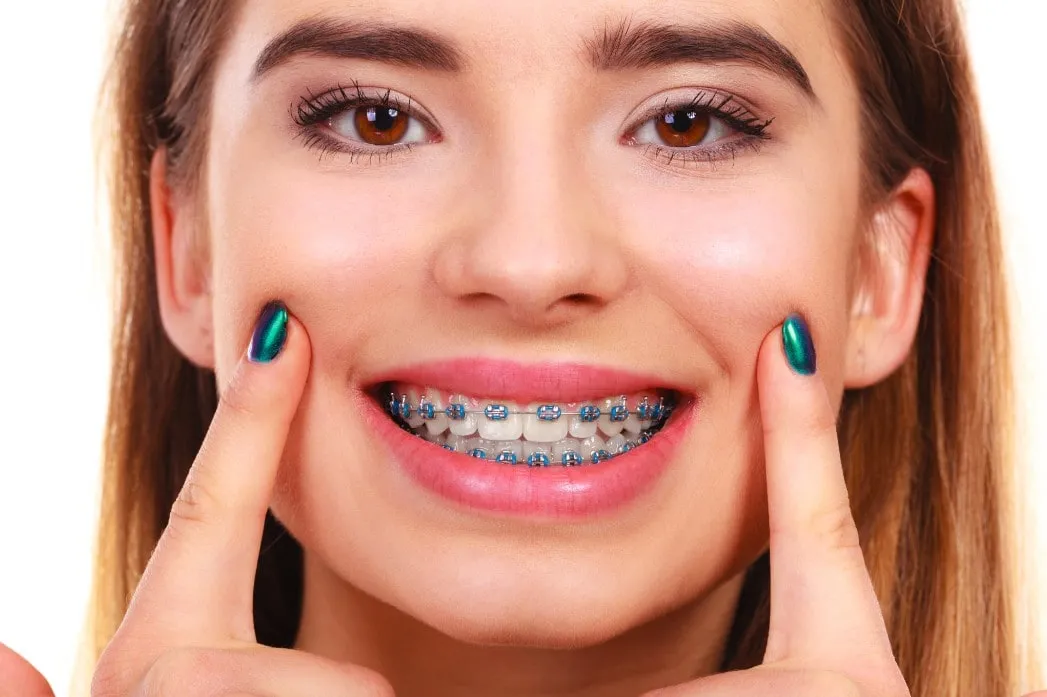Introduction to braces
Getting braces is a significant step toward improving oral health and creating that perfect smile you’ve always dreamed about. However, it comes with responsibilities — extra care is required to keep them clean and maintain their effectiveness. It’s a journey, so why not make it an enjoyable one?
Understanding braces
Types of braces
Braces come in various forms:
- Metal braces
- Ceramic braces
- Gold braces
- WildSmiles brackets
Each type has its care instructions, and your orthodontist can guide you best on their maintenance.
Why people get braces
The primary reason is to correct misaligned teeth or an improper bite. But braces aren’t just for aesthetics; they also contribute significantly to long-term oral health.
Caring for your braces
Importance of oral hygiene
With braces, your oral hygiene routine needs to go the extra mile. Food particles can easily get stuck and, if left unchecked, can lead to issues like cavities or gum diseases. Maintaining a strict hygiene regimen is vital.
Eating habits with braces
Foods to avoid
Certain foods can damage your braces or get stuck in them. It’s best to avoid hard, sticky, or chewy foods like popcorn, caramel, and nuts.
Foods to enjoy
Soft foods that don’t put stress on your braces are recommended. Fruits, vegetables, dairy products, and grains are great choices.
Cleaning and maintenance
Brushing
Brush your teeth after every meal. Use a soft-bristled toothbrush and fluoride toothpaste for optimal cleaning.
Flossing
Flossing with braces might seem complicated, but it’s crucial for removing trapped food particles. Special flossers for braces are available to make the process easier.
Using mouthwash
Use a fluoride mouthwash to rinse your mouth after brushing and flossing. It helps prevent white spots and cavities.
Dealing with discomfort
It’s normal to experience discomfort or soreness after getting braces. The wires or brackets might also irritate. This can be attributed to the pressure they exert on your teeth to realign them, resulting in tenderness or a mild aching sensation. Moreover, the edges of the wires or brackets might also irritate the inner lining of your mouth and lips, especially in the first few days after the braces are installed or adjusted.
Solutions for discomfort
The good news is the discomfort caused by braces is temporary and manageable. There are a few methods to alleviate this uneasiness:
- Use orthodontic wax, a soft, malleable substance provided by your orthodontist. This wax acts as a buffer between the braces and the soft tissues of your mouth, mitigating the risk of sores or irritations.
- For general soreness or aching, over-the-counter pain relievers are effective.
- Drinking cold water or eating chilled foods can also provide relief, as the cold can numb the gums and reduce inflammation.
- Rinsing your mouth with a warm saltwater solution can also soothe oral tissues.
It’s important to remember that any initial discomfort is simply part of moving toward a more confident, radiant smile. It’s a temporary phase; with these handy tips, you’ll be well-equipped to handle it effectively.
Maintaining regular checkups
Regular visits to your orthodontist are crucial for ensuring your braces are doing their job and adjusting the teeth as needed. It also gives you a chance to address any issues or concerns.
Wearing braces and playing sports
Using mouthguards
If you’re involved in sports, using a mouthguard is recommended to protect your braces and teeth from any potential injury.
Dealing with accidents
In case of an accident, seek immediate help from your orthodontist.
Life after braces
- Retainers — Once your braces are off, you’ll likely need to wear retainers to maintain the new position of your teeth.
- Continued Oral Care — Maintaining good oral hygiene is crucial for lifelong dental health, even after removing braces.
Importance of patience and positivity
Seeing progress
Remember, getting that perfect smile is a journey, not a race. The progress might seem slow, but the results are worth the wait.
Staying motivated
Keeping a positive attitude can make the braces experience much more enjoyable.
How braces improve oral health
Straight teeth not only look good but are easier to clean, which helps in preventing cavities and gum disease. Correcting the bite also avoids issues like jaw pain and difficulty chewing.
